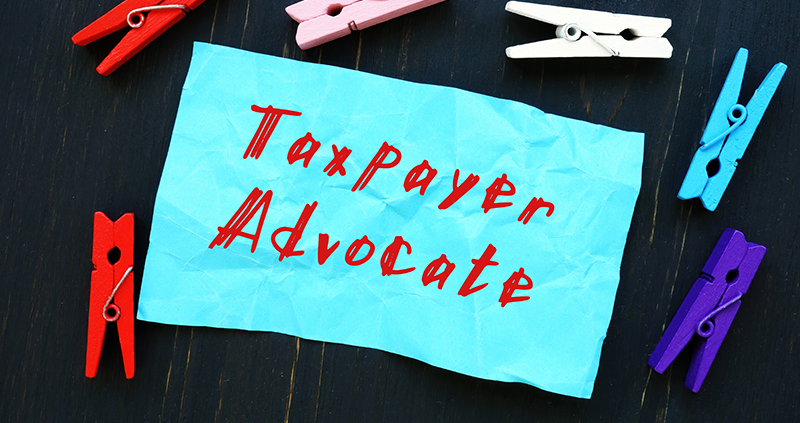Taxpayer Advocate Service – Who They Are and What They Do
March 01, 2016 by Charla Suaste
There’s only a short month left; as swiftly as it began, tax season will end. In the next 30 or so days, many taxpayers will be happily signing their completed returns, licking those envelopes, and shipping them off to the IRS – eager to tuck away all their documents and wave goodbye to the madness of filing season. Until next year, IRS! Or – maybe not.
Unfortunately for many taxpayers, the IRS has no sooner processed their tax return before they are busily issuing notices in response, and those of us who were relieved to be done with taxes for the year will get swept up in into the anxiety of dealing with an IRS notice.
While some tax notices may be resolved quickly and easily, others may get caught up in the red tape of IRS bureaucracy and Congressional tax codes, forcing taxpayers to sit in the dark as they wait for a resolution. However, not all is lost: This is where the Taxpayer Advocate Service (TAS) comes in.
The TAS is “an independent organization within the IRS,” created with the intention of identifying and resolving problem areas within the tax system. Their role is to advocate for individual taxpayers and businesses who a) feel they are getting nowhere when attempting to settle an issue with the Internal Revenue Service, b) are enduring financial hardships due to lingering tax matters with the IRS, or c) believe their rights as a taxpayer are being violated. Eligible taxpayers will get the opportunity to have a personal advocate assigned to them; this individual will assist the taxpayer or business in navigating the complexity of the tax system, while ensuring that no rights are being violated in the process. Ultimately, the goal of Taxpayer Advocate Service is to be “your voice at the IRS” and they are passionate about making sure that your interactions with the Internal Revenue Service are handled both swiftly and lawfully.
If you feel that the Taxpayer Advocate Service could be of assistance to you – or if you’d simply like to know more about the TAS program – please visit taxpayeradvocate.irs.gov.





